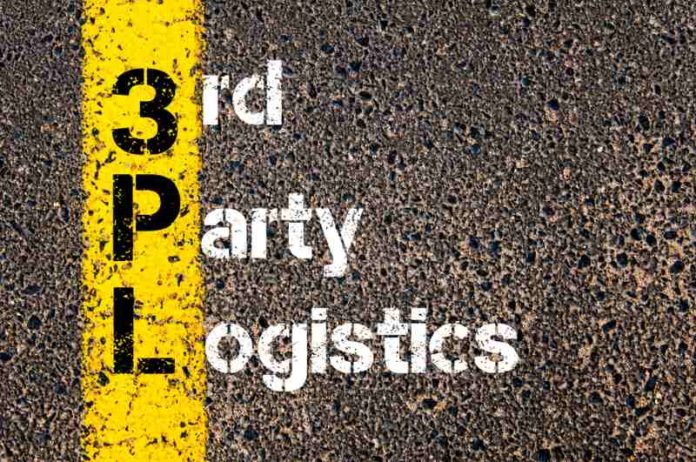By Megan R. Nichols
Small to medium-sized businesses often struggle more and more as their customer base grows. While it’s certainly a welcome event, the escalating demand can bring a whole slew of new responsibilities and challenges. That compounds even more when a business decides to break into the international market. How do you handle so many incoming orders? How can you ensure they are fulfilled on time? What’s the best way to transport or ship goods?
Then there’s the matter of storing products and supplies. You’ll need a place to keep them stocked, and that’s not always going to be possible with your existing property — you may need a much bigger space. Then you have to consider who will manage that space, be it employees from your team or an outsourced crew.
All of this calls for robust tracking, handling and processing which may be better suited for a third-party logistics provider or 3PL.
What’s a 3PL?
As you may know, the term third-party refers to an external or outsourced team. They can be local or much further away calling for remote collaboration, but the most important element is that it’s a separate company or crew.
Third-party logistics is simply a provider or business that handles distribution and supply chain management duties for other companies. You might hire one to take on all of the collective logistics duties for your business, or you might use them for a select task, such as warehousing.
Logistics providers offer three primary services, including transportation, warehousing and logistics integration.
What Can a 3PL Do for Small Business?
A good, reliable 3PL will help scale business logistics and duties up or down as demand shifts. Beyond just taking over the various responsibilities, they also provide the necessary assets, workforce and space.
Providers will supply their own fleets or transports, warehouses, tracking technologies and more. Ultimately, this helps small businesses better manage the associated costs because they don’t have to outfit their entire operation from scratch, and they don’t have to maintain the necessary assets either.
3PL providers will also train and manage their own staff, cutting down on the additional requirements a small business would otherwise need to take care of. Amazon FBA and ShipBob are excellent examples of this type of third-party logistics provider.
Another added benefit is that a 3PL might be able to grow a business’ reach beyond their local market especially if the provider is also located remotely across varying places or regions. This would allow a smaller operation to ship products beyond their capable boundaries to extend their market reach. They could begin shipping internationally, for example, simply because their 3PL provider has a global operation.
When Should You Use a 3PL?
A common practice is to work with a 3PL during the busy season, such as the holidays, when orders ramp up and become harder to manage. This allows a business to scale up without actually expanding operations. Then when demand decreases or returns to normal, they can simply part ways with the provider. It removes most of the burden from the business and allows them to focus on more important tasks.
In this way, it’s easy to see that any 3PL has the most to offer when demand is high, and a business needs to scale up.
To assess whether or not a 3PL is right for your business, consider logistics, in general. Does your business have the capital to purchase or rent a warehouse, stock it and then hire extra employees to help with the growing list of tasks? When order numbers increase significantly, is it sustainable to handle the processing, fulfillment, transportation and shipping all in-house? If you have the resources and capabilities, then it’s more about efficiency. If a 3PL can do it all faster and better — and they almost always can — it may be better to outsource.
Everyone else should consider 3PL based on the cost savings. Small businesses don’t have the same resources and capital as a larger operation, and it takes much longer for them to scale operations.
3PL or Not?
In short, a third-party logistics provider removes either some or all of the associated burden for small to medium businesses. Depending on who and why you choose an outsourced team, they will fill the necessary roles at no added costs. That means a small business that is just starting out can scale up immediately to meet growing demand during a busy season, without incurring the related responsibilities and costs. There’s no need to purchase a transportation fleet, buy or rent warehouse space or even to hire additional employees and train them.
If your business needs to scale up yet does not have access to the necessary resources, workforce or time then 3PL is definitely right for you.
Megan R. Nichols is a technical writer and the editor of Schooled By Science. She regularly contributes to sites like Industry Today, Born2Invest, and Business Process Incubator. Follow Megan on Twitter @nicholsrmegan and subscribe to her blog to stay in touch.
3PL stock image by Constantin Stanciu/Shutterstock







